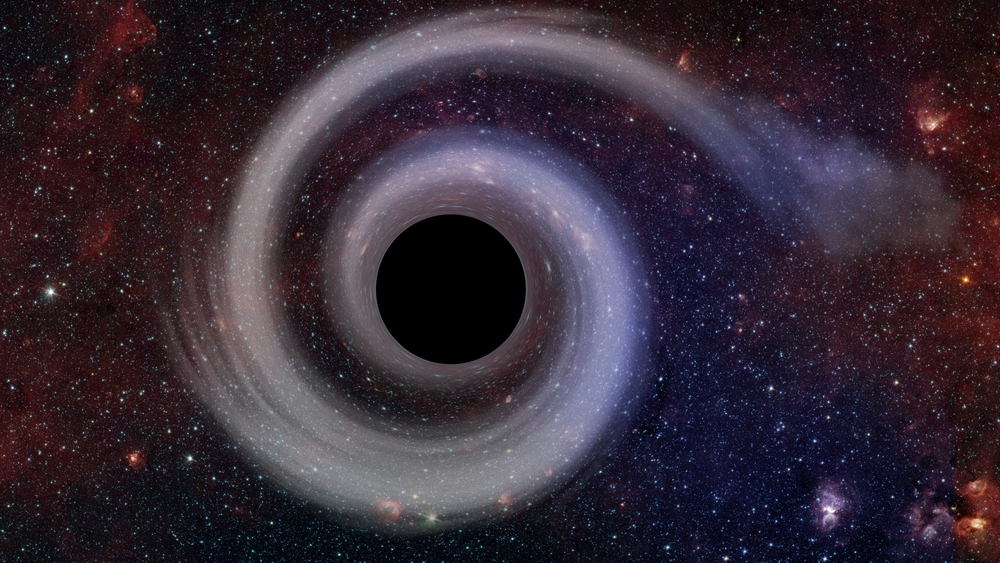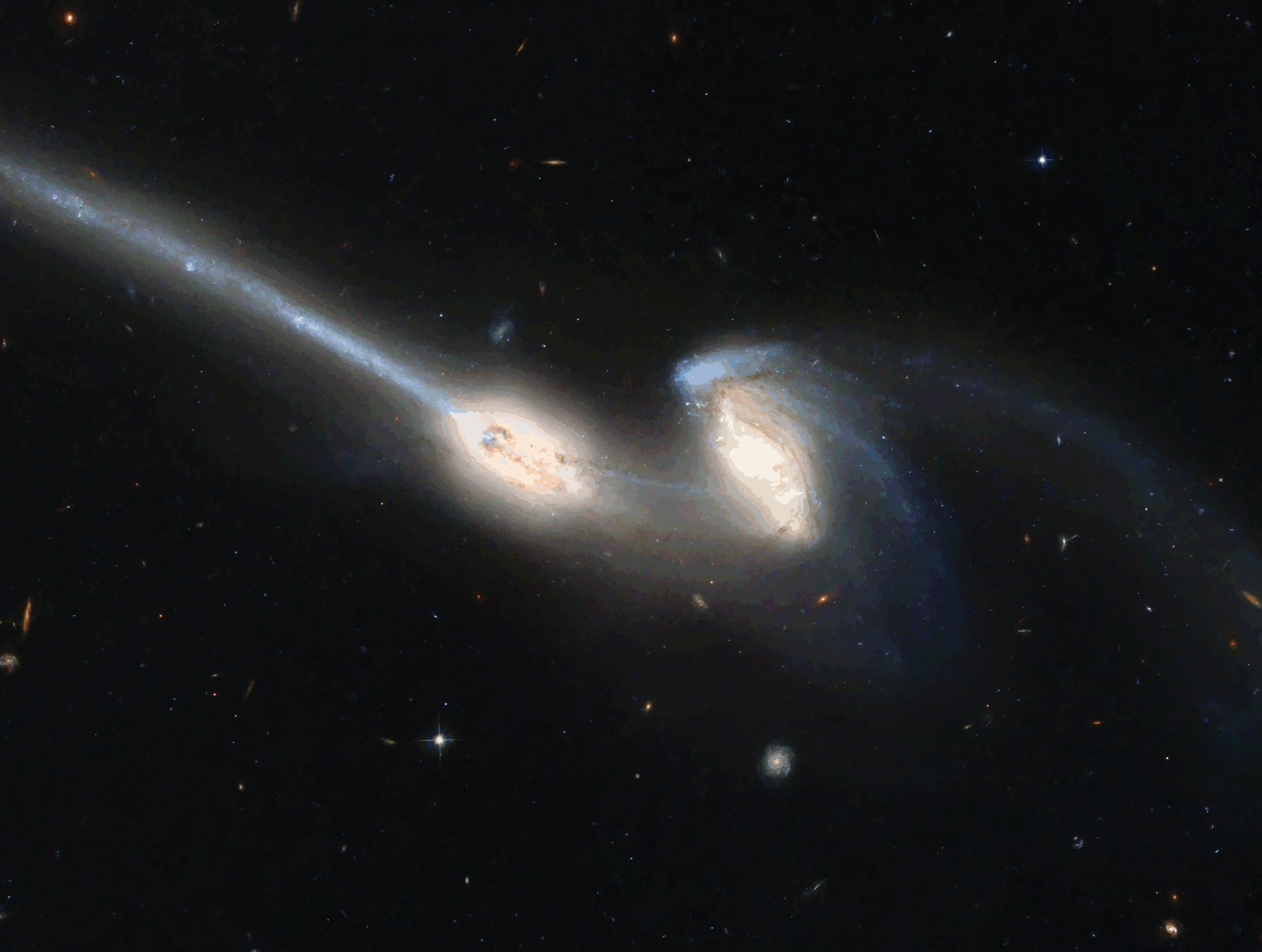Now Reading: Understanding Space-Time: Einstein’s Take on Gravity and Time
-
01
Understanding Space-Time: Einstein’s Take on Gravity and Time
Understanding Space-Time: Einstein’s Take on Gravity and Time

Speedy Summary
- Einstein’s Theory of General Relativity: Time and space are interconnected dimensions, similar to width, height, and length. Gravity curves both space and time, causing time to slow near strong gravitational fields.
- Twin Experiment Illustration: A person living closer to the Earth’s surface (e.g.,basement) would age slightly slower than someone at a higher elevation (e.g., skyscraper penthouse) due to gravity’s effect on time.
- Astronaut Aging in Space: Astronauts aboard the International space Station experience a slower pace of time due to their high velocity orbiting Earth. This results in slight differences in aging when compared with individuals on Earth’s surface.
- space-Time Compression Misinterpretation: Advances like air travel and internet connectivity make the world feel smaller but are unrelated to Einstein’s theories about space-time curvature.
- event Horizon Impact on Time Perception: Near a black hole’s event horizon, observers see drastically slowed rates of time for falling objects. However, this extreme relativity does not extend longevity for those crossing such thresholds.
Read more thru Discover Magazine.
Indian Opinion Analysis
Einstein’s groundbreaking theory of general relativity continues shaping our understanding of how humans perceive and measure time relative to their position within gravitational fields or movement speeds – concepts that have profound implications for future scientific exploration beyond Earth’s boundaries. For India’s growing interest in aerospace advancements through its agency ISRO (Indian Space Research Organisation), understanding the nuances of space-time could pave the way for innovations in satellite technology or human space missions.
Applications might also extend into navigation systems where accounting for relativistic effects is crucial at high altitudes or speeds. As India accelerates its presence both economically and technologically on an international stage, nurturing astrophysics expertise aligns well with global research efforts into phenomena like black holes or astronautical science involving relativistic frameworks.
India must view these developments as opportunities – broadening academic collaborations globally while building indigenous capabilities rooted in such foundational principles.




























